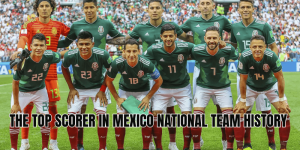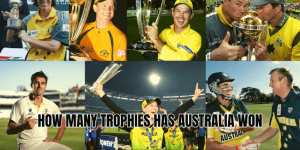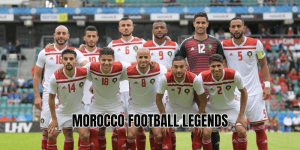When the topic of the most successful Brazil national team manager comes up in bar debates or online forums, it ignites passion—after all, Brazil is football royalty, and a coach who truly earns that label must match the legends who donned the yellow shirt. In this article, KorKick will guide you through the names, records, controversies, and the arguments behind who truly deserves to be called the most successful Brazil coach of all time.
What “most successful” really means
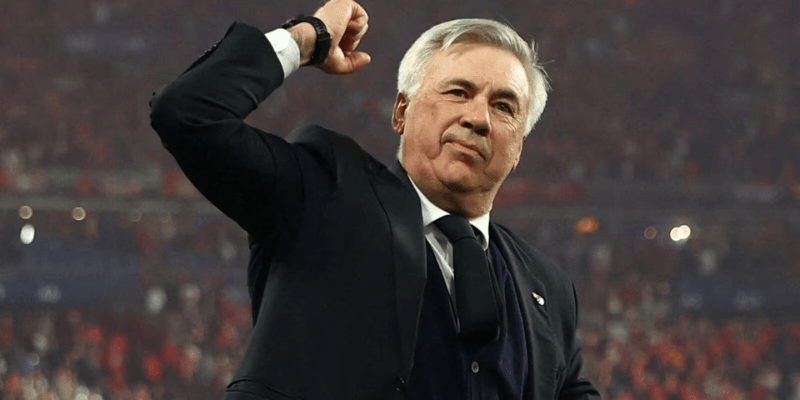
Before crowning anyone, we must define “most successful.” Does it mean:
- Number of trophies (especially World Cups)?
- Winning percentage in official matches?
- Longevity and consistency over many campaigns?
- Iconic impact and legacy beyond mere numbers?
For Brazil, where World Cups are the ultimate trophy and style (the famed jogo bonito) is part of identity, success must balance titles, records, and influence. Let’s weigh the top contenders.
Top contenders in Brazil’s coaching pantheon
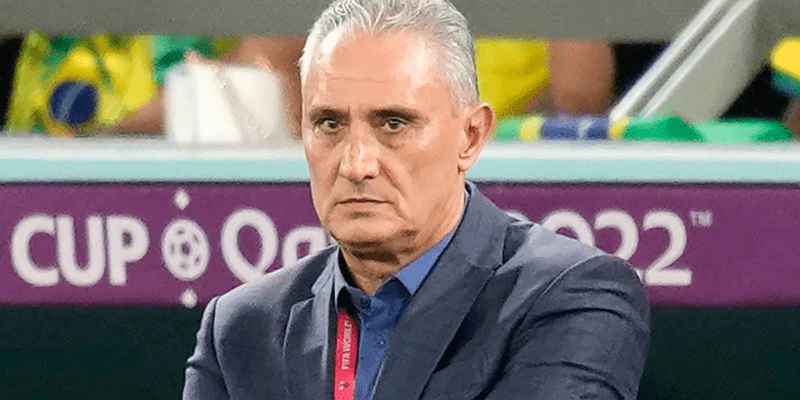
Mário Zagallo: The Eternal Wolf
Zagallo is a towering figure in Brazilian football history. As a player he won World Cups in 1958 and 1962; as manager, he led Brazil to its third title in 1970.
Later, as assistant or coordinator, he played a role in Brazil’s 1994 title.
His managerial record for Brazil: he coached 126 matches, achieving 90 wins, 26 draws, and just 10 defeats—a win rate exceeding 70 %.
But his greatness isn’t just statistics. Zagallo bridged generations—he was present for Brazil’s first five World Cups triumphs (1958, 1962, 1970, 1994, 2002) in some capacity.
Why he’s a top pick: He combines trophies, consistency, and symbolic continuity. But some critics argue that he had fewer purely managerial titles than some rivals.
Carlos Alberto Parreira: The Pragmatist Champion
Parreira’s legacy lies in durability and results. He holds the record for most World Cup tournaments as a manager (six).
He led Brazil to the 1994 World Cup title, and later won the 2004 Copa América and 2005 Confederations Cup.
His style was pragmatic, defensively organized, sometimes criticized as less flamboyant for Brazil, but effective.
Strengths: One World Cup as head coach, unmatched longevity, and adaptability across multiple eras and national teams.
Luiz Felipe Scolari: The Emotional Mastermind
“Scolari” or “Felipão” is deeply beloved by many fans. He carried immense expectation, delivered a World Cup in 2002, and later a Confederations Cup in 2013.
His coaching style mixed motivation, pragmatism, and occasional surprises.
However, his Brazilian spells were not as long or consistent as Zagallo’s; also, his 2014 campaign ended in that infamous 7–1 semi-final collapse.
Telê Santana: The Romantic Idealist
Though Telê Santana never won a World Cup, his legacy in Brazil (especially the 1982 Brazil team) remains near-mythical. That 1982 side is often called the most beautiful Brazil ever, albeit unsuccessful in the tournament.
His win rate in World Cups among coaches with at least 10 matches is among the highest.
He’s often invoked when fans talk about “artistic success” rather than just titles.
Aymoré Moreirauiet World Champion
Moreira led Brazil to the 1962 World Cup and did so in a difficult moment.
Over 61 matches, he collected 37 wins.
His tenure was less glamorous and less long, but he did deliver the trophy.
Head-to-head: who truly stands out?
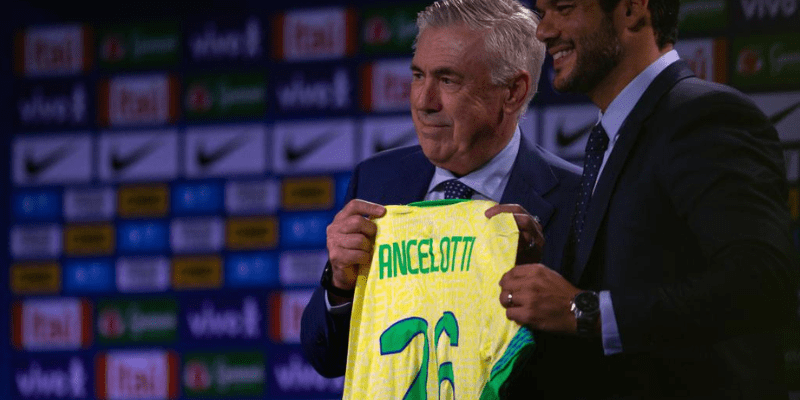
| Coach | Major Titles for Brazil | Matches / Win % | Legacy & Symbolism |
| Zagallo | 1 as head coach + roles in others | 126 matches, ~70%+ | Bridge between eras; unparalleled continuity |
| Parreira | 1 World Cup + Copa América + Confederations | Most World Cups coached | Pragmatic, efficient, durable |
| Scolari | 1 World Cup + Confederations | Shorter spells | Emotional, charismatic leader |
| Telê Santana | 0 World Cups | High artistic praise | Pure footballing idealism |
| Moreira | 1 World Cup | Decent record | Heroic but limited span |
If one emphasizes longevity, consistent excellence, and timeless presence, Zagallo emerges as the frontrunner. His unique status—player, coach, coordinator—tied to Brazil’s golden eras makes him more than just a successful coach: he’s mythic.
But if “most successful” is interpreted strictly by silverware as head coach, one could argue for Parreira or Scolari, given their title counts.
Yet, in Brazil’s collective memory, success is never only about hardware—it’s also about identity, inspiration, and legacy. And in that lens, Mário Zagallo remains the most complete candidate for most successful Brazil national team manager.
Why the debate endures
- Brazil’s football culture values style as much as results. A coach who wins but “destroys the spirit” is often criticized.
- Many Brazilian coaches excel at club level but have short, turbulent national stints.
- Changes in tournament formats, media scrutiny, and player power have shifted coaching challenges across generations.
- Recent events (e.g. new appointments) often rekindle this debate among fans.
Speaking of new appointments: in 2025, Brazil appointed Carlo Ancelotti—the first foreign manager in over a century—to lead the Seleção. This bold move may reset paradigms and introduce a fresh perspective to the legend of Brazil’s most successful coach.
Conclusion
Most successful Brazil national team manager is not simply a statistical question—it intertwines records, influence, emotion, and identity. Zagallo’s records, his unbroken connection to decades of Brazilian triumphs, and his symbol as footballing DNA make him the prime candidate. But Parreira’s longevity, Scolari’s passion, and Telê Santana’s purity ensure that the debate remains alive.
If you enjoyed this analysis, KorKick invites you to explore more: check our player biographies, match reviews, and upcoming coach interviews. Who knows—perhaps in a few years, a new name will enter this conversation and challenge the crown.


